Buying for life means maintaining for life. This is true of anything; if you want for your leather boots to not dry out and crack, but to live up to their brand reputation as lasting generations then you have to be sure to moisturise and brush them. They won’t do this themselves as part of regular wear, it’s something you need to take responsibility for. Buying for life doesn’t just mean finding the brand that everyone else recommends, it means making sure that product is designed to be rebuilt, accounts for wear and tear, and taking active care, participating in the maintenance rituals in order to ensure that longevity.
The “buy for life” mentality is increasingly popular as a counter to the disposability of plastic and cheap electronics, and is something I think many in the film photography community gravitate towards. I have spent only a few years with my own Leica M6, but in that time it has seen two generations of Sony Alpha camera come and go. While some are perfectly happy to switch for the most recent upgrade every few years I hope to be using my same Leica M6 until I either die or film stops being commercially available. In these terms, it is far cheaper in the long term to buy a camera “for life” and never look at anything else, even when “cheaper” means a few thousand pounds. Even factoring in film costs I will be spending far less than a new mirrorless camera body every few years on my two-hundred-ish rolls per year.
Most analogue cameras available on the secondhand market today will have been manufactured up until the mid-2000’s, which make the youngest around twenty years old. This isn’t including cameras that are still being produced, but those tend to appear less secondhand anyway. The most mint Nikon F3 you can find will be around 20 years old. The youngest Hasselblad 500C/M is circling 30. The average Leica M3 will be in its 60’s. None are getting any younger; you can check the publication date of this article and add however many years as to bring these ages up to date.
I work with a variety of film cameras, some electronic, some fully mechanical. Mainly Leica and Nikon, with lenses that compliment the intended use. Nothing too rare or noteworthy, just an average journalistic toolkit of gear, all of which is at least twice as old as I am. I am very aware of the effect age has on mechanics and electronics, and don’t want any amount of degradation to affect my use. I value the necessity of a CLA, and occasional full service, and factor these into my regular use of these machines.
Across the years I’ve had my gear serviced and repaired at a few places, including some in London and some mail-in places around the UK. Although my cameras were returned in good working order most of the time there are a few stand-out occasions where things were returned to me with fresh issues, even breakages that weren’t there when I’d handed them over! As a result of this I can no longer trust any of the London repair options at time of writing, and sincerely would not recommend them. One particularly stressful event saw me paying half the cost of what I’d paid for one of my Leica’s for a full service only to have it returned with dust in the viewfinder – after a number of mails back and forth I left some very strongly worded and entirely factual reviews on a few websites where I explained exactly what had happened and why paying three times more than their competitors would charge does not result in three times greater service.
Honestly I feel bad about this because I don’t like confrontation, and it felt a bit like blackmail when they reached out to me offering to set things right on the condition I take the reviews down; but if I had not done this then my other option was to accept the new issue and pay more to have it sorted elsewhere.
One time I sent a different camera away to a place up north, asking clearly only for a quote for what I believed to be an electrical issue with the shutter. Apparently this was not what was relayed to the technician, who completed the repair before a quote had been prepared, leaving me in a situation where I did not actually agree to that quote, but the repair had already taken place. The store ended up holding that camera hostage until I paid, which felt deeply unprofessional.
Another instance, this time back in London, I asked for a full service of my Leica M6, only to have it returned with the 90mm frame lines missing. I suppose the internal frame mask had been knocked out of place during the repair. The shop however refused to acknowledge their mistake, and I was forced to take it somewhere else to have the mistake rectified. The shop that sorted the frame lines actually showed it around to their staff, none of whom had ever seen an issue like it before! They were asking me what on earth happened, and to name the shop so they could discourage others from ever going there!
Time is only moving in one direction, and the population of technicians and specialists able to do the kind of work across multiple manufacturers needed to run a camera repair service is ageing. Mistakes happen, options become more limited. Some knowledge genuinely may end up being lost forever. The skill necessary for service and repair of mechanical and electronic cameras and lenses is diminishing, even as the popularity of that equipment is undergoing a resurgence. More, and younger entrants to the field are not only welcome, but essential for the ongoing survival of film photography. More working cameras in circulation means more rolls going through those cameras, demand in that film staying high, and manufacturers making the business decision to keep film alive, commercially accessible, and broadly affordable.
This kind of work is such a niche field that I believe these shops know they can not only charge a steep rate, but also behave in a way towards their customers that is unlikely to incur any consequences. After all, what other option to people have; they need their kit repaired, and options are limited. Either grin and bear it, try and find somewhere else, or accept non functioning gear. Although so far it feels like I’ve written a bit of a rant about previous experiences I am hoping that that negativity serves to frame just how positive my experience has been recently dealing with PPP Cameras.
Pierro is the youngest technician I am aware of currently working in the UK. He has been practicing as a camera repair-person since 2011, and has worked incredibly hard to absorb as much useful and applicable skill in order to offer as much as possible to those who require it. As far as I am aware he is willing to entertain the possibility of working even on electronic cameras that I’ve seen people describe online as unrepairable.
A few of my cameras and lenses needed working on, and after a friendly email exchange I posted these to him. I usually don’t trust postal/courier systems for transiting my cameras, but took the risk because I had heard many good things about PPP from friends who had had lenses serviced by him, and was deeply frustrated with the more local options to me in London.
The gear arrived, and after inspecting it he sent me a very reasonable primary quote, and added the kit to his backlog. I was not in a rush for these, and every so often I would check in to see how things were progressing. Compared with my past repairs, where such enquiries were stonewalled, or met with begrudging, one line replies, PPP was a veritable essayist. He gave feedback on what he had found when dismantling the cameras, and what directions he was planning on taking in order to complete the repair. He didn’t treat me like some idiot who had found these cameras in a landfill, he spoke to me like I was the owner and operator of these machines. Transparent and honest about what specifically was wrong, and what he was going to do to solve those problems.
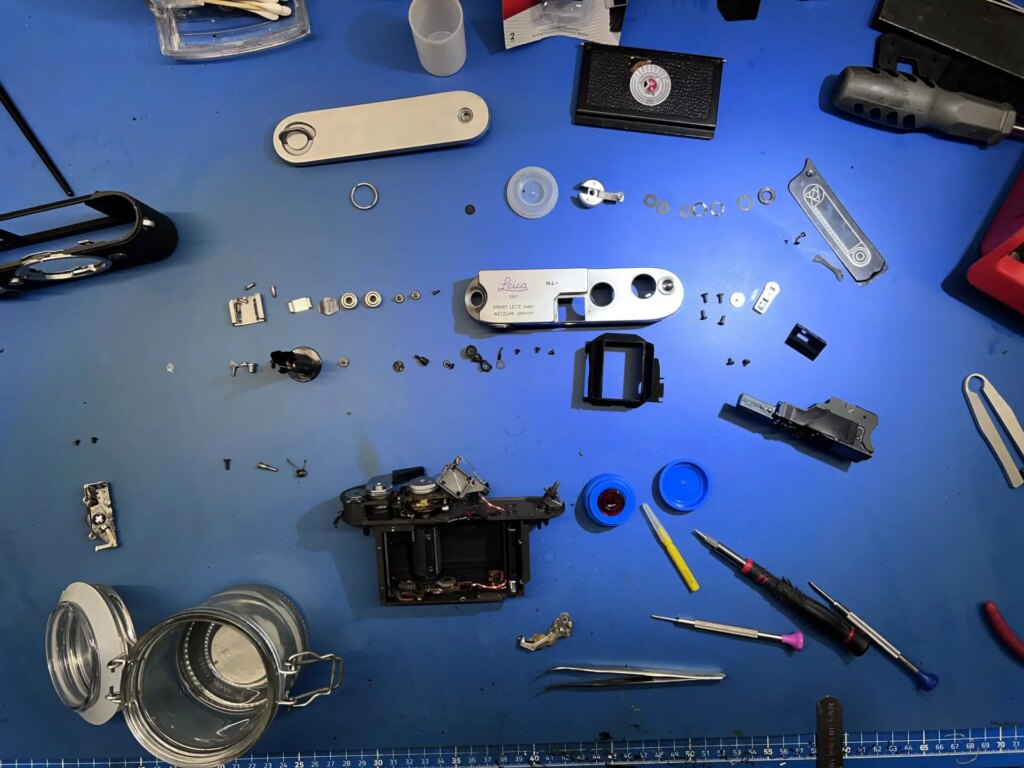
I much prefer this attitude than from those repair-persons who speak to their customers as if they are invoking some arcane force, channelling the muse, or aligning the very chakras of the camera, with no patience or capacity to stoop to the level of their customer to explain even what they are repairing exactly; not that the customer would ever even understand what they are talking about in such technical jargon.
After Pierro had had my camera some time (again, I was not in a rush, and was being kept up to date on progress) I actually had the opportunity to meet him in person, at a meet-up in Brixton arranged by “London Camera Project”. I found him to be friendly and affable, and patient with me as is often required as I understand I do not always make as much sense in person as I try to in my writing. He explained to me that he would only be a little while longer with my gear, and had actually been training with a former Leica official technician, so that he would be able to have a much deeper literacy with Leica systems, and had been using my cameras as part of that training. He let me know to expect that my cameras would be returned to me in effectively factory condition – which I was immensely happy to hear. Not only that my gear was going to be returned in much better condition than I’d first expected, but that my gear was able to help someone in the development of their technical skill.
Supporting such young and rising skill means that my future practice is secured – the knowledge is passed down at least one more generation, meaning that I will be able to continue having my gear serviced and operational, usable as long as there is still film for me to load in. I had asked for a full service on the cameras and lenses, which means deconstruction, inspection, and rigorous work to make sure everything works as it should. This is distinct from a “CLA”, which some use interchangeably with “repair” although they are not the same thing. A repair implies something specific is wrong and needs to be fixed. A full service may involve repair, but also reconstruction, cleaning, replacement of any broken parts etc. A CLA is a Clean, Lubrication, and Adjustment, which is the most basic service you can apply – ideally every few years as the liquid lubricant dries up, dirt accumulates, and rangefinders/SLR mirrors are bumped out of alignment.
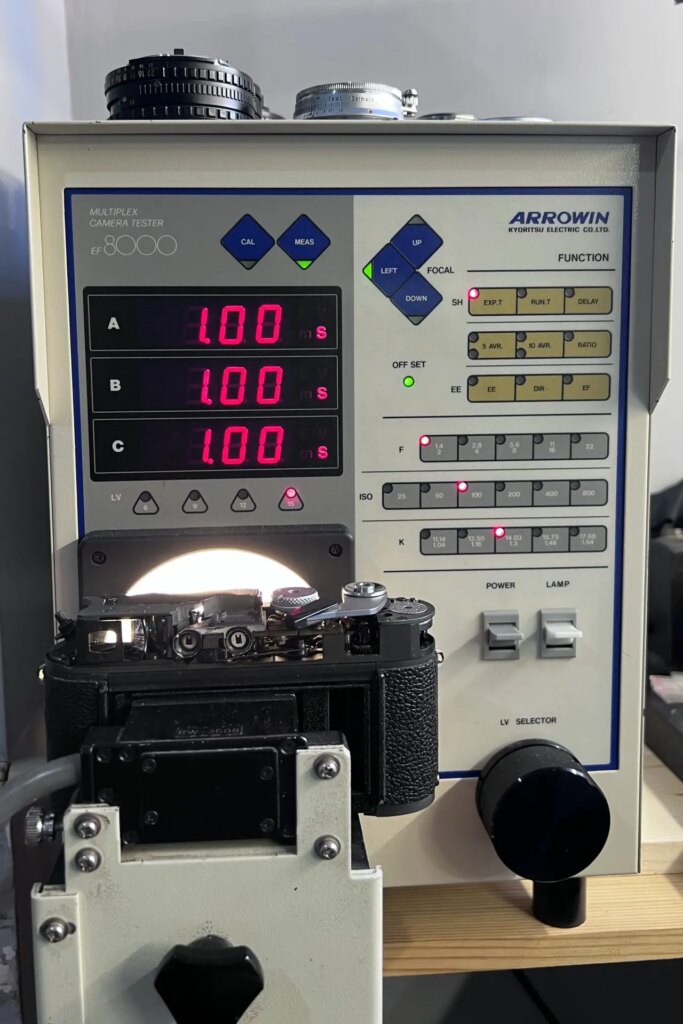
After setting the bar high, my cameras and lenses were returned to me, and I was not disappointed in the slightest. Some of the gear I had sent was quite abused, including untrustworthy shutter speed mechanisms, lens locking pins, film advance and rewind; lenses that were too stiff to focus, oil on blades, and scarred optics. All fixed to a point where it was unrecognisable from what had been sent away.
I am happier with Pierro’s work than I have ever been with any other technician, and that includes both the work he did on the cameras and lenses, and the level of support and patience he offered throughout the process. I’ve never owned a factory condition Leica, but holding my M4 and M2 in hand after receiving them back I can’t imagine how different they can be (aside from cosmetics of course!). My M2 I was especially happy to use again, as I’d previously had it serviced in London where the technician told me that he had lowered the maximum shutter speed from 1/1000s to 1/300s because of the strain the top speed was apparently putting on the mechanism (not something I had been aware of). I insisted he change it back, because what good is a shutter system that isn’t accurate, or a Leica with a top speed of 1/300s? Instead of changing the very nature of the camera, an actual repair of the literal function would have been preferable – and via Pierro this has now been achieved.
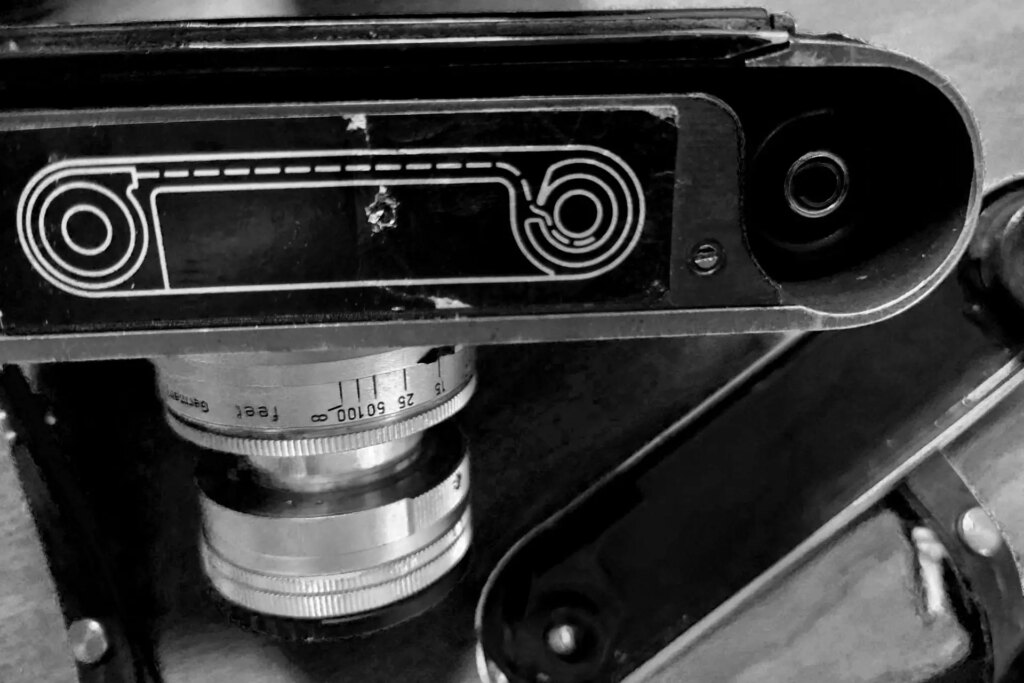
My M2 had the shutter rebalanced, fully calibrated, and the slower speeds fine tuned. The rangefinder was calibrated across all distances. He also surprised me by doing something he had previously told me was impossible; he installed a fast loading mechanism from an M3 into the M2, which means there’s no need to take out the spool to load it. This M2 was already fairly unique because of the rare combination of the button rewind (rather than lever) and self timer (M2’s usually have one or the other), so the addition of the fast rewind mechanism makes it a very limited edition indeed, and I was very happy to find it had been done! My M4 received a similar de-and-re-construction, and the lenses I sent were calibrated and cleaned, with oil being removed from the aperture blades where necessary. He addressed many other issues, including internal light box baffles coming loose, a squeaky winding mechanism (which i hadn’t even noticed when sending them away), and some debris in the rangefinder blocks.
Sadly I believe the cameras were knocked in transit as when I received them back the M4 had an issue with the frame counter, but this is a common problem and a hopefully easy fix – and Pierro offered to rectify this under his generous warranty, which he offers in case here are any hiccups when the customer inspects their gear on return.
Pierro very kindly sent me some images of the cameras undergoing the different stages of the servicing process, which I’ve used to illustrate this article. The Leica bodies I sent away were returned to me fully serviced, which means taken apart and rebuilt, including springs inside the shutter rollers. I understand Pierro has a 3D printer, which means that if he requires something potentially rare he can just print it rather than scavenging from other cameras. He also has a top of the line shutter speed measurement device, which means perfect calibration of speeds across the range.
Overall, I am not only extremely satisfied with the quality of work which has been done to gear I genuinely use every day, but in the contrast that service offers to the rest of the repair market as I have experienced it. As I said before, I am acutely aware that what started out as a wholesome write up of my positive experience with PPP quickly devolved into a tirade about all of my other less than positive experiences. However, I know that I am not alone in those stressful situations, and that others who have been through the same poor treatment and skill from the waning services will find the same satisfaction as I did in Pierro’s handy-work. If he ever reads this, I hope he understands how high he has set the bar, and that he will be dealing with my annoying emails and gear servicing for as long as he offers his skills.
Pierro’s website can be found here.
Share this post:
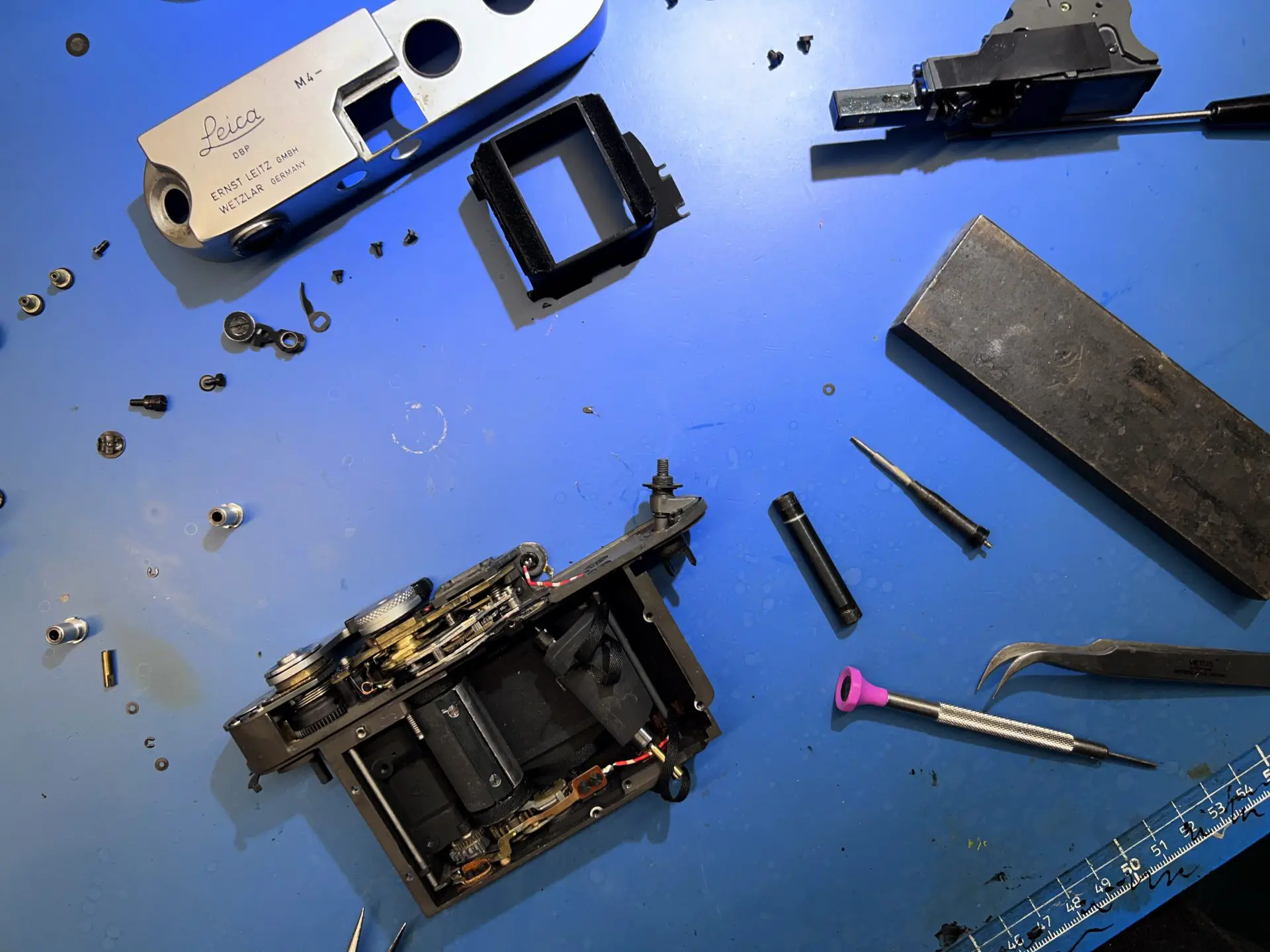
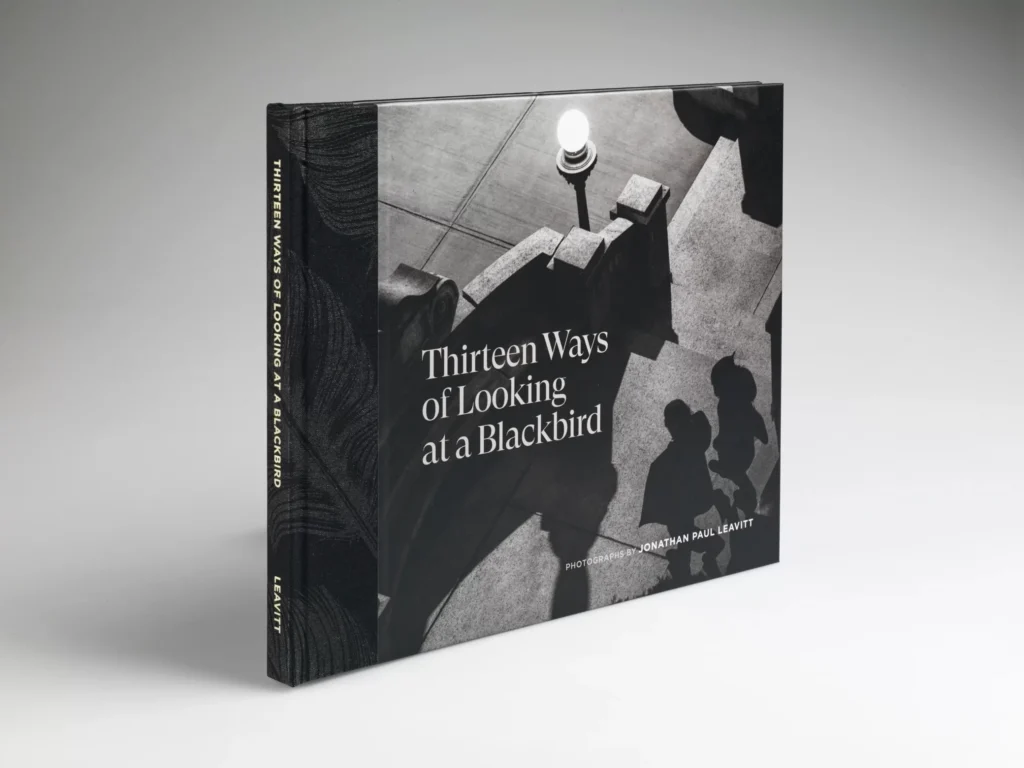
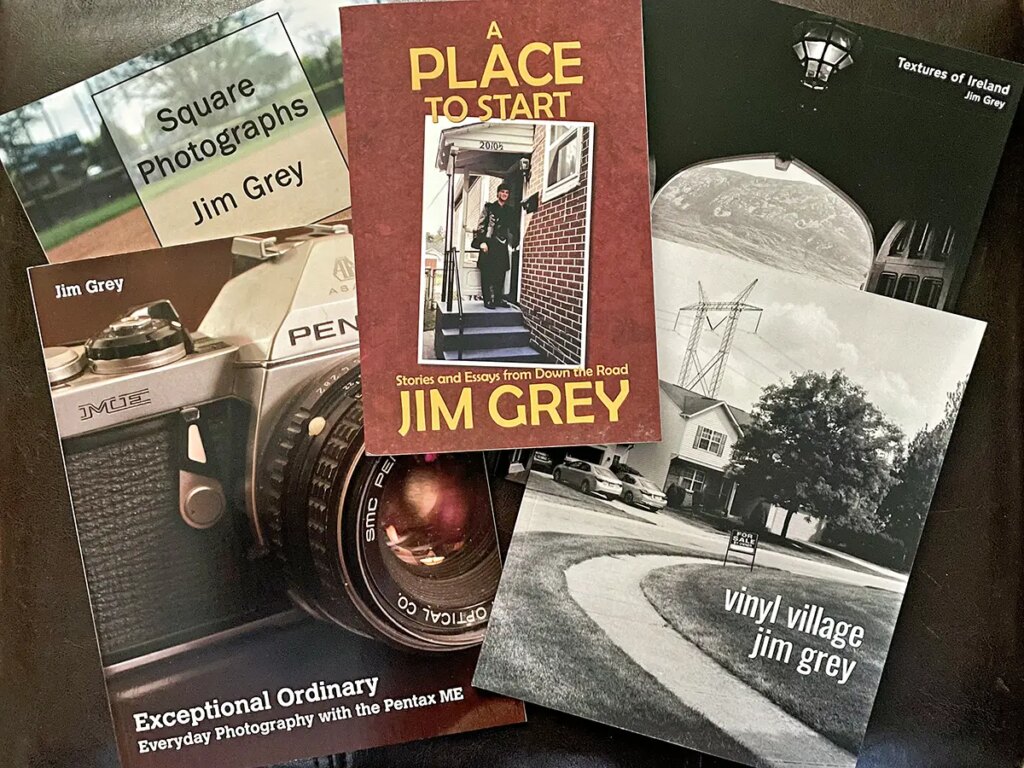

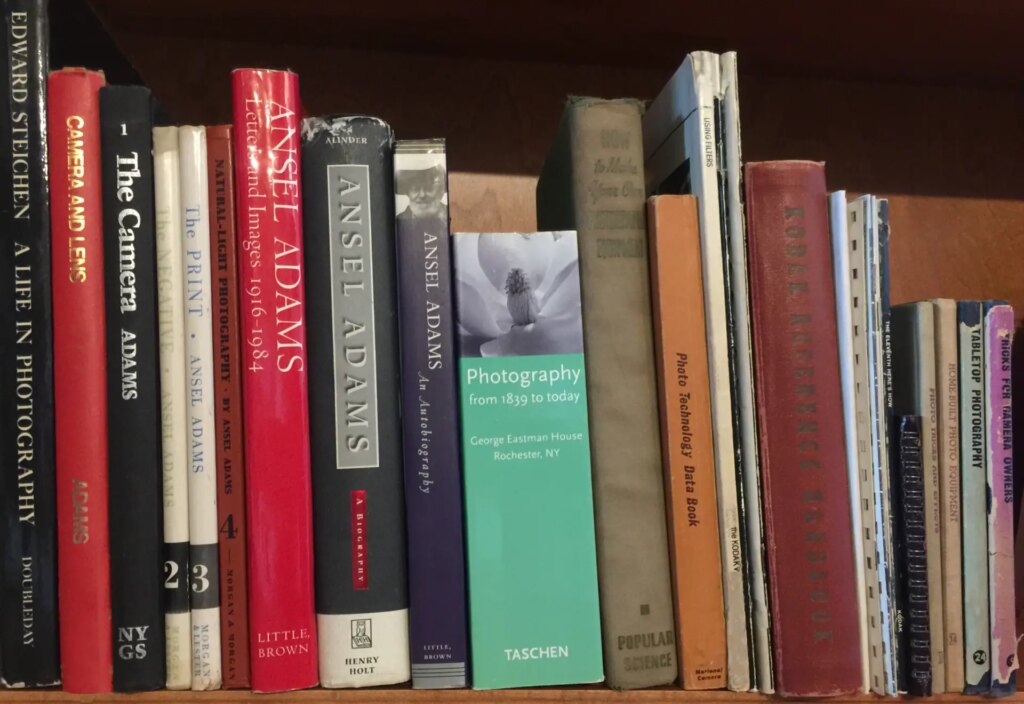




Comments
John Furlong on PPP Cameras – Repair & Servicing Review
Comment posted: 06/04/2023
Michael J on PPP Cameras – Repair & Servicing Review
Comment posted: 06/04/2023
Geoff Chaplin on PPP Cameras – Repair & Servicing Review
Comment posted: 07/04/2023
Martin JONES on PPP Cameras – Repair & Servicing Review
Comment posted: 07/04/2023